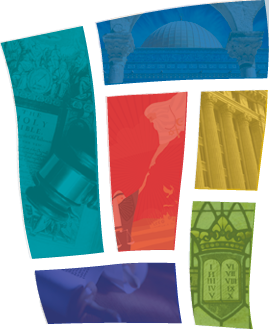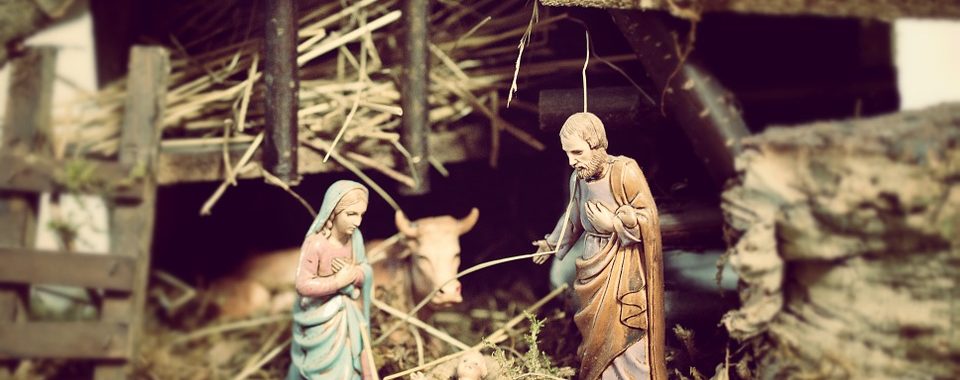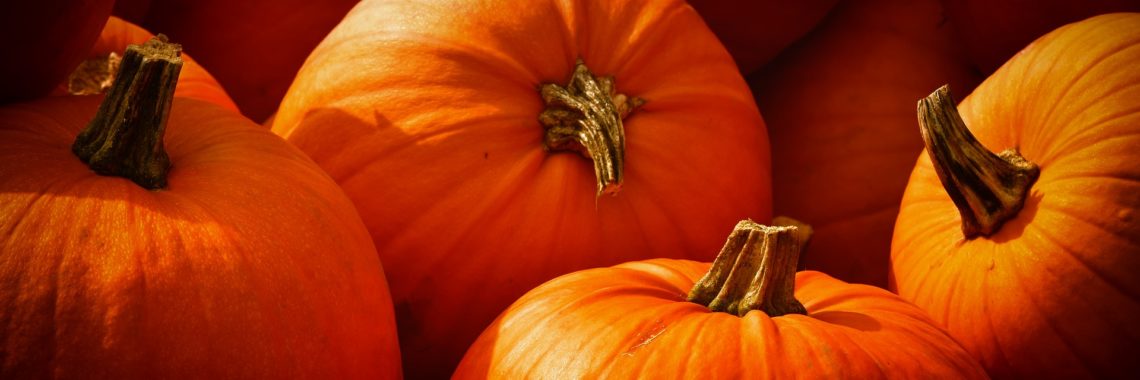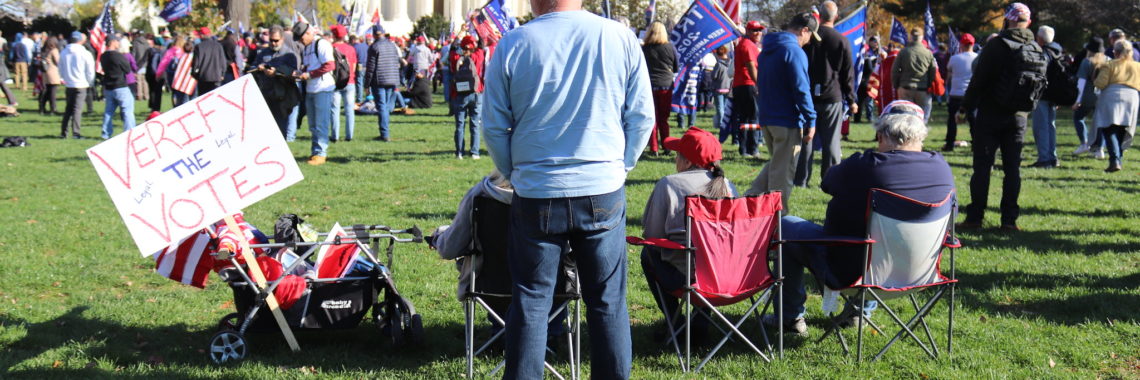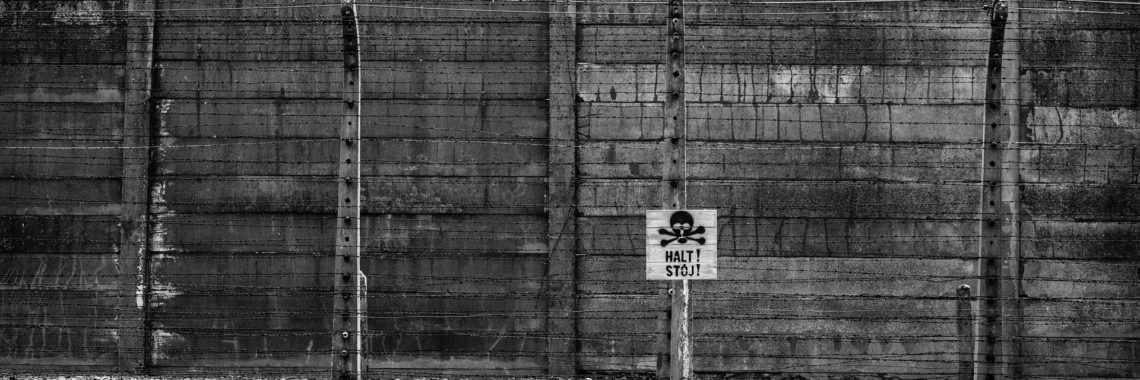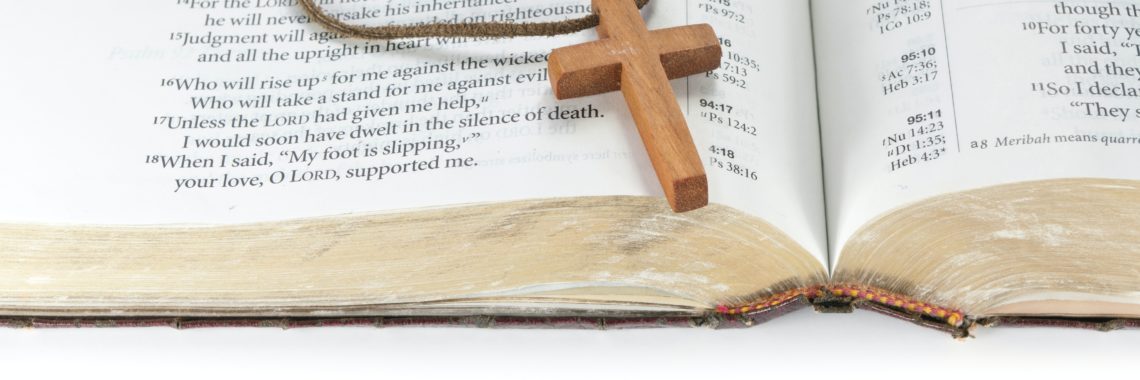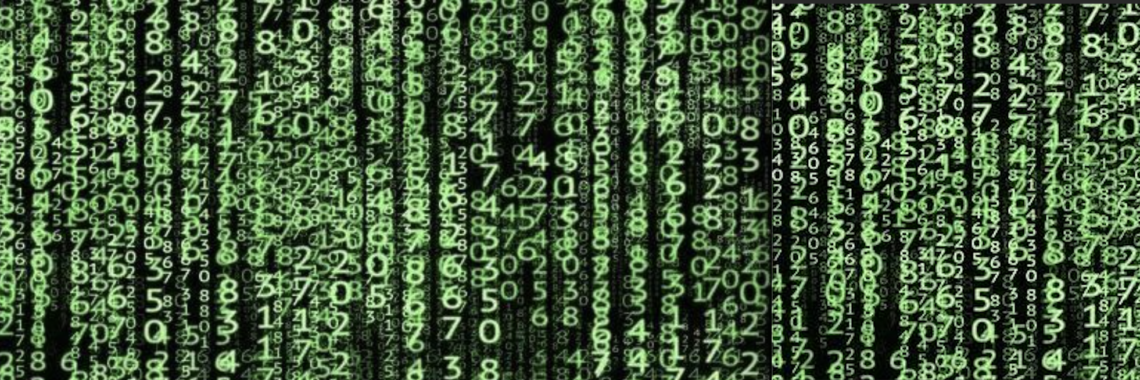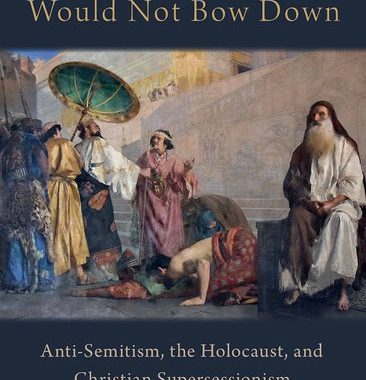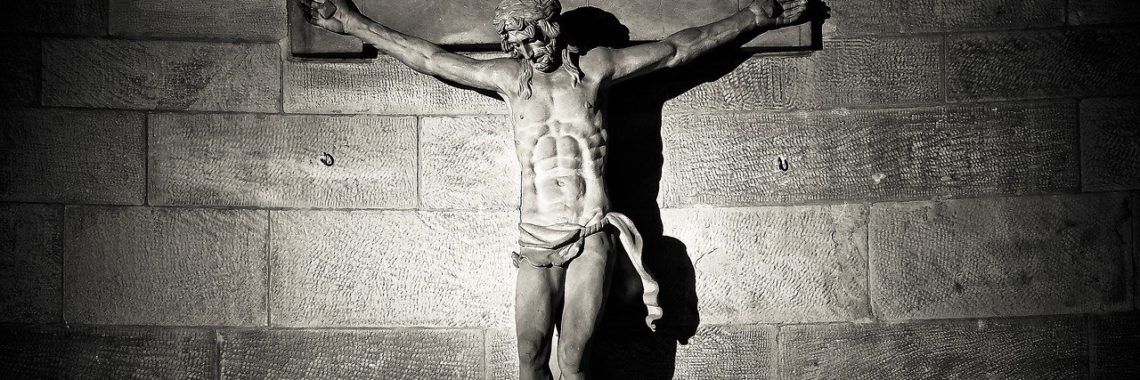“Why Secular Society Desperately Needs the Recognition of Religious Holidays” by Bruce Ledewitz
Image by Fabio Valeggia from Pixabay. It is the common and traditional view that disputes over the recognition of religious holidays — disputes over creches and menorahs on public property, for example — are a clash between religious and secular citizens over the meaning of the Establishment Clause in the Constitution. But this is an…

